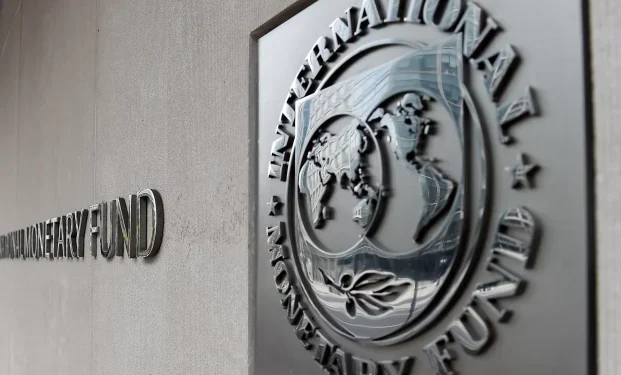IMF Commends Dominican Republic’s Economic Resilience, Projects 3% Growth for 2025
The International Monetary Fund (IMF) has lauded the Dominican Republic’s robust economic performance, noting that sound policies, political stability, and pro-business reforms have underpinned the fastest pace of income convergence in Latin America and the Caribbean over the past two decades.
In a concluding statement at the end of its staff mission to Santo Domingo, the Fund said the economy is well positioned to withstand heightened global uncertainty and tighter financing conditions, with growth projected at 3 percent in 2025 before gradually returning to potential.
“Policy measures and the economy’s strong fundamentals underpin a favorable outlook,” IMF staff stated, welcoming the Central Bank’s (BCRD) recent move towards greater exchange rate flexibility and calling for continued fiscal discipline to sustain debt reduction.
Macroeconomic Performance
Following a 5 percent GDP expansion in 2024, buoyed by strong exports and credit growth, economic activity slowed in early 2025 due to external headwinds. Inflation has remained anchored within the BCRD’s 4 percent target range, averaging 3.6 percent year-on-year in 2025. The current account deficit narrowed to 3.3 percent of GDP last year and was fully financed by foreign direct investment (FDI).
The central government deficit is, however, expected to widen to 3.5 percent of GDP in 2025, reflecting higher capital spending under a reformulated budget. IMF staff urged the government to strengthen subsidy targeting, particularly in the electricity sector, to safeguard fiscal space for social and capital expenditure.
Policy Priorities
The Fund recommended that near-term policy remain focused on closing the output gap and safeguarding macro-financial stability. It highlighted:
Fiscal policy: Maintain public investment momentum within the Fiscal Responsibility Law while gradually reducing energy subsidies.
Monetary policy: Preserve the credibility of the inflation-targeting regime, unwind liquidity measures gradually, and improve transmission channels.
Exchange rate: Allow flexibility to act as a shock absorber while continuing reserve accumulation.
Financial sector: Advance Basel II/III adoption, enhance consumer protection, and strengthen oversight of savings and loan cooperatives.
Electricity sector: Resume implementation of the Electricity Pact to reduce fiscal risks, improve tariffs, and attract investment.
Long-Term Reforms
IMF staff stressed that ambitious reforms remain critical to achieve the Dominican Republic’s “Meta2036” vision of attaining high-income status. These include bolstering human capital, improving competitiveness, strengthening climate resilience, enhancing tax compliance, and developing a medium-term revenue strategy.
The mission also praised progress in statistical reforms, particularly the rebasing of national accounts, and urged the authorities to adopt the IMF’s Special Data Dissemination Standard (SDDS) to further improve transparency.
The IMF team met with Central Bank Governor Héctor Valdez Albizu, Finance Minister Magín Díaz, senior officials, and representatives of civil society and the private sector. Staff expressed appreciation for the authorities’ “exceptional hospitality, full cooperation, and open, frank and productive dialogue.”








